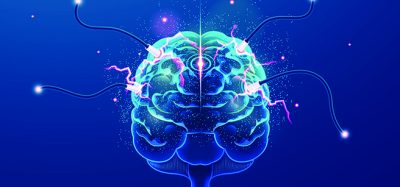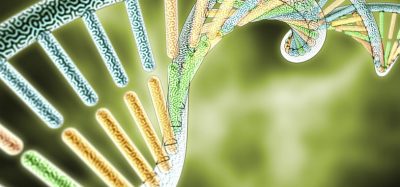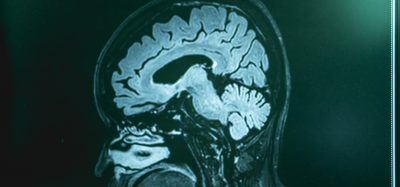Researchers discover how gut infections may produce chronic symptoms
Posted: 21 January 2020 | Rachael Harper (Drug Target Review) | No comments yet
A new study into why neurons in the gut die and how the immune system protects them could lead to better treatments for IBS that work by boosting polyamine production.

A new study has looked at why neurons in the gut die and how the immune system normally protects them, which could offer insight on irritable bowel syndrome (IBS) and point toward potential new treatment approaches.
Sometimes an intestinal infection can lead to IBS, but scientists are not sure exactly how this happens. Some suggest an infection may contribute to IBS by damaging the gut nervous system.
“Inflammation helps the gut ward off an infection, but too much of it can cause lasting harm,” said Daniel Mucida, an associate professor and head of the Laboratory of Mucosal Immunology at the Rockefeller University, US. “Our work explores the complex mechanisms that prevent inflammatory responses from destroying neurons.”
To understand the effects of an infection on the nervous system, the scientists gave mice a weakened form of Salmonella. They found that infection induced a long-lasting reduction of neurons, an effect they attributed to the fact these cells express two genes, Nlrp6 and Caspase 11, which can contribute to a specific type of inflammatory response.
This response, in turn, can prompt the cells to undergo a form of programmed cell death. When the researchers manipulated mice to eliminate these genes specifically in neurons, they saw a decrease in the number of neurons expiring.
“This mechanism of cell death has been documented in other types of cells, but never before in neurons,” continued Fanny Matheis, a graduate student in the lab. “We believe these gut neurons may be the only ones to die this way.”
It is not yet clear how inflammation causes neurons to commit cell suicide, the scientists say, however they have clues suggesting it might be possible to interfere with the process. The key may be a specialised set of gut immune cells, known as muscularis macrophages.
Previous work in Mucida’s lab has shown that these cells express inflammation-fighting genes and collaborate with the neurons to keep food moving through the digestive tract. If these neurons die off, as happens in an infection, a possible result is constipation. In their recent report, the team demonstrated how macrophages come to the neurons’ aid during an infection, ameliorating this aspect of the disorder.
Their experiments revealed that macrophages possess a certain type of receptor molecule that receives stress signals released by another set of neurons in response to an infection. Once activated, this receptor prompts the macrophage to produce molecules called polyamines, which the scientists think might interfere with the cell death process.
In other experiments, the researchers found that Salmonella infection alters the community of microbes within the guts of mice – and when they restored the animals’ intestinal flora back to normal, the neurons recovered.
“Using what we learned about the macrophages, one could think about ways to disrupt the inflammatory process that kills the neurons,” added Paul Muller, a postdoctoral fellow in the lab.
For instance, it might be possible to develop better treatments for IBS that work by boosting polyamine production, perhaps through diet or by restoring gut microbial communities, the scientists said. Since short-term stress responses also appear to have a protective effect, Muller thinks it may also be helpful to target that system.
The experiments in this study were described in Cell.
Related topics
Immunology, Microbiome, Neurons, Research & Development, Targets
Related conditions
Irritable Bowel Syndrome (IBS)
Related organisations
Rockefeller University
Related people
Daniel Mucida, Fanny Matheis, Paul Muller







